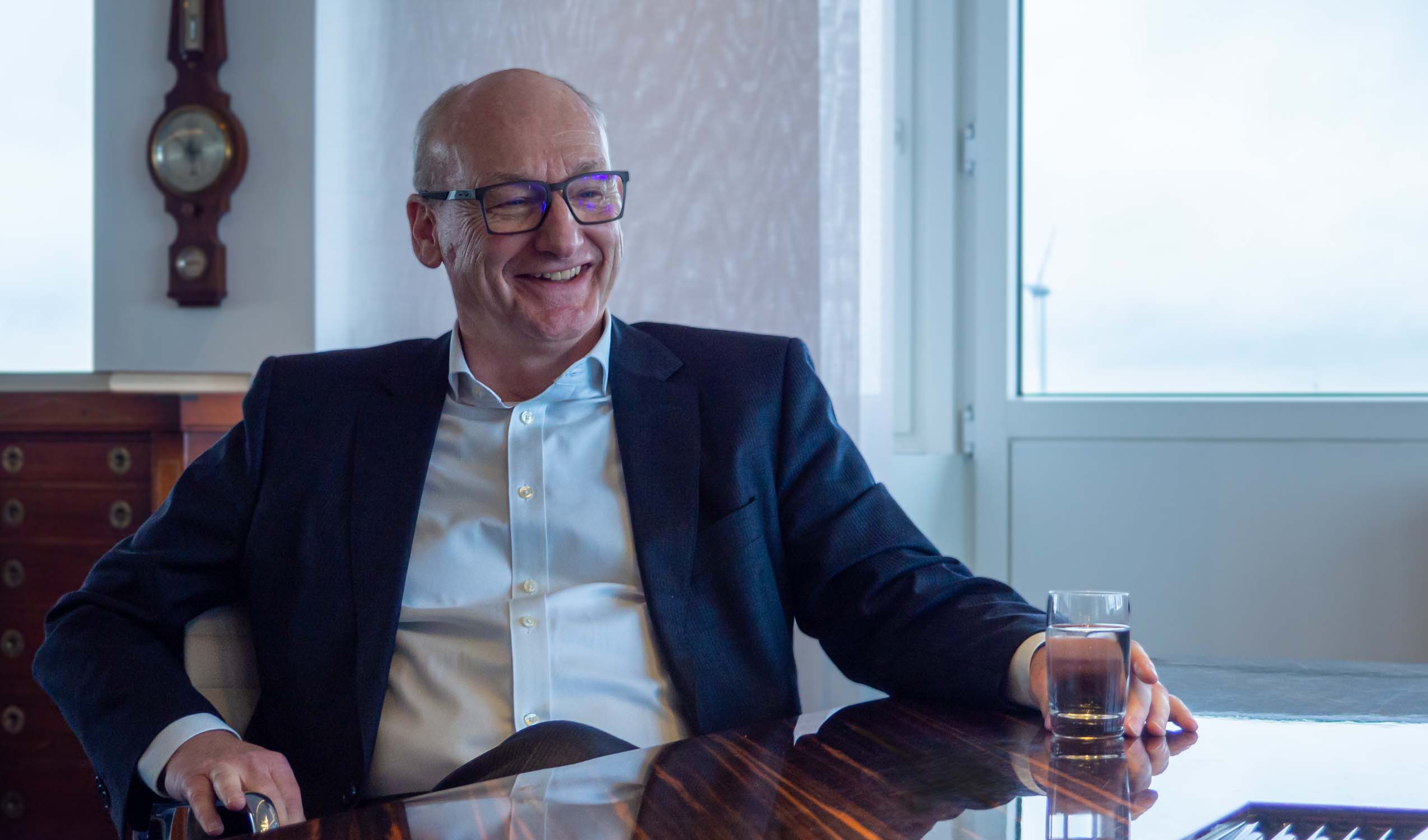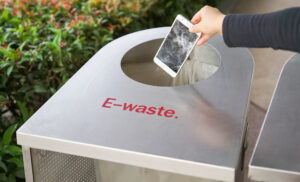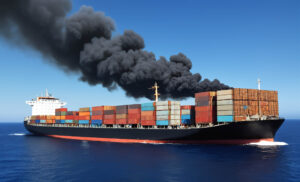
Dangerous goods in the children’s room. Why toys are increasingly appearing on dangerous goods lists.
Increasingly, not only consumer advocates but also safety experts in the logistics industry are warning against dangerous toys. This often involves cheap toys made in China. The gateway for dangerous toys is the de minimis rules or the import rules for low-value shipments, i.e. for goods that are smuggled past customs controls.



